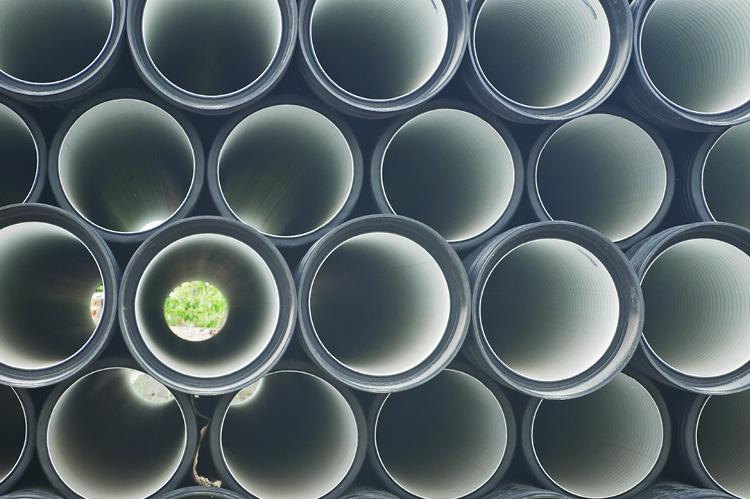Strohm Partners with Petronas to Commercialize Thermoplastic Composite Pipes

Giant manufacturer of thermoplastic composite pipes (TCP) Strohm has partnered with Petronas Technology Ventures Sdn Bhd (PTVSB), the technology commercialization arm of Malaysia-based tech firm Petronas.
The agreement aims to commercialize thermoplastic composite pipes across the market and scale it up across Petronas' facilities and ensure that they are available in the market immediately.
Strohm and Petronas partnership will help spread the knowledge of production and design of the backbone of the technology used by Strohm, DNV (standard ST-F119).
The tech expansion will equip operators to use TCP in place of metallic pipes to allow the reductions of costs associated with the project life cycles of oil and gas.
TCP Acknowledgement
In 2012, the two companies entered into a collaboration to run a TCP qualification program, after which they successfully installed the pilot project for a complete well stream production pipeline along the West Lutong field in Malaysia's Sarawak Waters.
Over the years, TCP has recorded an outstanding track record across the globe, gaining widespread acknowledgment. Thermoplastic composite pipes have many benefits compared to standard steel pipes, including low carbon footprint, low transportation, and installation costs, thanks to their lightweight and reduced corrosion.
According to Strohm, TCP has reduced pressure drops and improved multiphase flow conditions, enabled by the bonded pipes with smoothbores immune to gas permeation.
Strohm has gotten rid of offshore metrology requirements in jumpers to eliminate the impact on the risks and costs associated with spool fabrication.
According to the Vice President of Strohm in the Middle East and Asia-Pacific, Fabienne Ellington, it has been confirmed that the glass fiber polyethylene material used in the pilot project for Petronas has been complemented by carbon fibre PVDF and carbon fiber polyamide.
The materials suitably fit applications consisting of highly sour agents and low carbon furl transportation since they are immune to corrosion and blistering.

